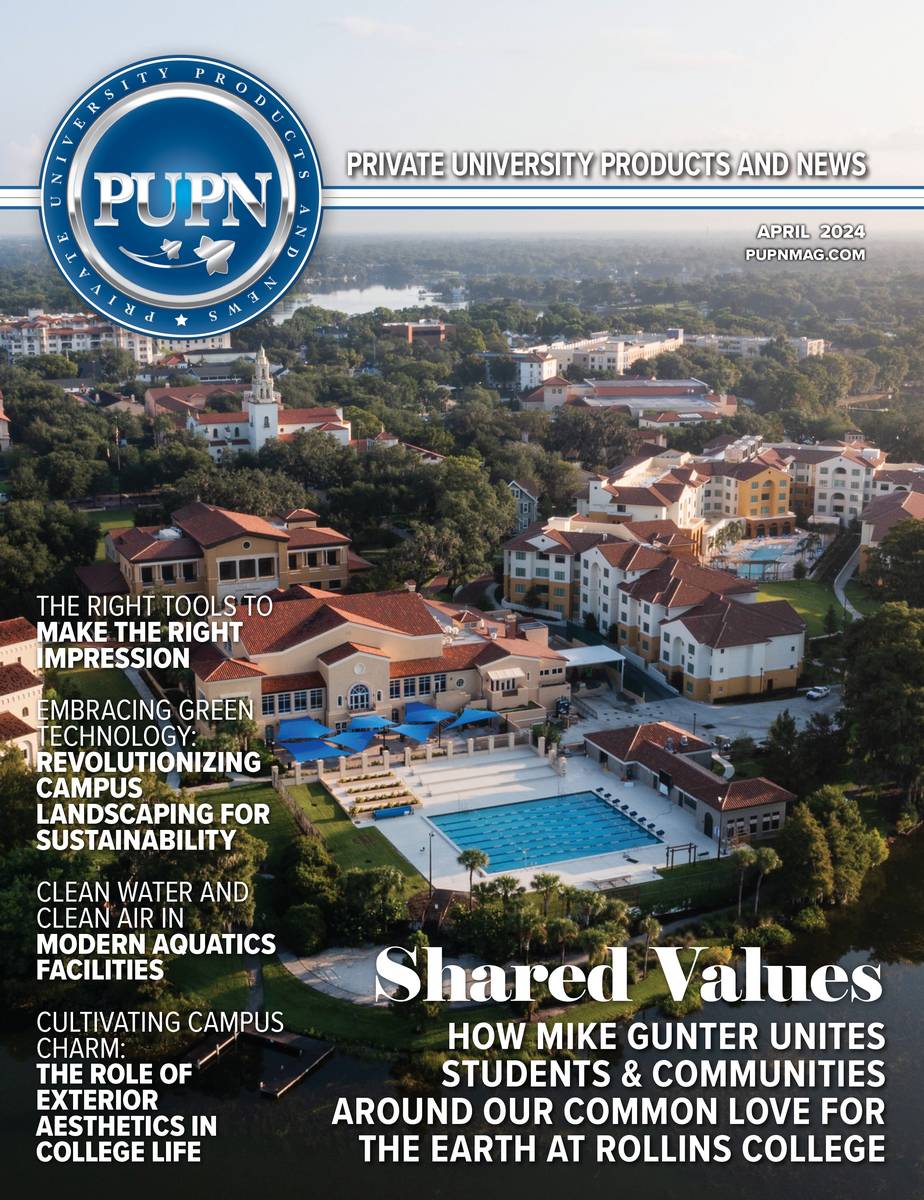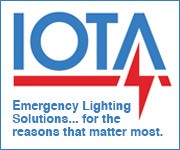Utilizing rentable tech, such as laptops and tablets, for students is growing in popularity among campus libraries and media centers, but many institutions have yet to take advantage of this alternative.
Using rentable tech has several advantages in a scholastic setting, as noted by rental technology experts; some of the advantages include cost effectiveness, eco-sustainability, accessibility, and the opportunity to try new tech and apps before making a larger commitment.
Saving Money and Energy
As mentioned, for universities who may otherwise be buying laptops and similar products in bulk, the price tag grows rapidly. Several companies offer colleges the option of renting products for brief periods, such as single events or short-term projects. This allows colleges to take advantage of new products for a trial period, without the expensive commitment of purchasing.
Possible short-term applications of rental tech may include interactive presentations where the audience engages with the speaker via tablets. Or, perhaps the tech can be used to conduct on-campus polls and surveys for student-led projects.
Additionally, when using a rental company, schools do not have to concern themselves with maintenance or tech issues if they choose a rental company with dedicated IT support that is available 24/7. Shneur Landa, co-founder and CFO of Fello, and Chris Shaw of Fello explain that prior to shipping the tech to a school, they work with the institution to ensure all applicable applications are already installed on the devices.
Another option when considering providing rental laptops and tablets to students is through installed kiosks. Johnathon Ruttenberg, co-founder of Laptops Anytime, explains how self-check kiosks can save colleges money in a three-fold method: first, the colleges are spared the expense of purchasing dozens of laptops and tablets; second, by using a kiosk, universities are able to avoid overhead and labor costs; third, automated kiosks use about 1/10 the energy of typical desktop deployments.
Eco-friendly Aspects
Conserving energy benefits the institution’s power bill, and using tech rentals also promote a practice of sustainability. In both instances of tech rental—either the kiosks or services through companies like Fello—the principles of sustainability are supported.
When renting, the customer has the option of choosing older models, which can breathe new life into a product over and over again. Instead of becoming obsolete and disregarded, students across the country can share devices, and really get maximum utilization out of a product.
Student Preferences
When deciding on what type of rental tech to invest in, an institution must be aware of the needs and preferences of the students, of course. According to Ruttenberg, students tend to significantly prefer laptops to tablets. Regarding brands, he notes that students are evenly split between choosing Windows or Apple products.
Shaw shared that different points in the year will offer different demands; for example, there may be a greater need for rental tech during finals week. In these instances, universities might benefit from setting up kiosks in libraries and media centers just for the times of year when there is a higher need for the tech.
Tech Rental and Network Security
With any shared technology, there may be concerns about the safety of proprietary information.
In the case of Laptops Anytime, they provide the University with third-party tools such as Faronics Deep Freeze that ensure the laptop drives are digitally wiped after each use. Alternatively, Fello does all of the cleaning in-house prior to shipping to the next institution as part of their quality control protocol. All information, sensitive or otherwise, will be wiped from the devices once returned from the institution.
From Small Trials to Large Productions
As mentioned by Fello, tech rentals can be used for a medley of purposes. The devices can be used to get email sign-ups and check in guests at events. Additionally, they can be used at silent auctions, fundraisers, and galas.
Or, other options may be using the tech when processing payments, conducting employee/ student training, as well as assisting in virtually any campus events or projects—in short, rental tech is so much more than merely a means to help undergraduates complete their term papers. Institutions can use them directly, or provide resources for students.
Advice from the Experts
If a college is considering installing a tech rental kiosk, one of the main benefits is the rapid, convenient service. According to Ruttenberg, “By using automated kiosks, institutions can deploy kiosks out to multiple locations, thereby multiplying out the benefit of accessible technology devices across their campuses.” Similarly, Landa suggests that tech rental makes tech both affordable and accessible on college campuses.
Additionally, by using short-term tech rentals, colleges and universities always have the option to run trials with certain apps and devices before committing to a major investment. When considering rental tech, there are other questions to ponder as well.
From a practical standpoint, you’ll need to take into account how long the students and faculty are likely to utilize the product. You will also want to consider which is more appropriate for the setting—something simple and direct might be best, or you may want the options to be more personalized to your institution. Regardless of the stylistic choices, institutions, students, and faculty will benefit from a rental tech option.










